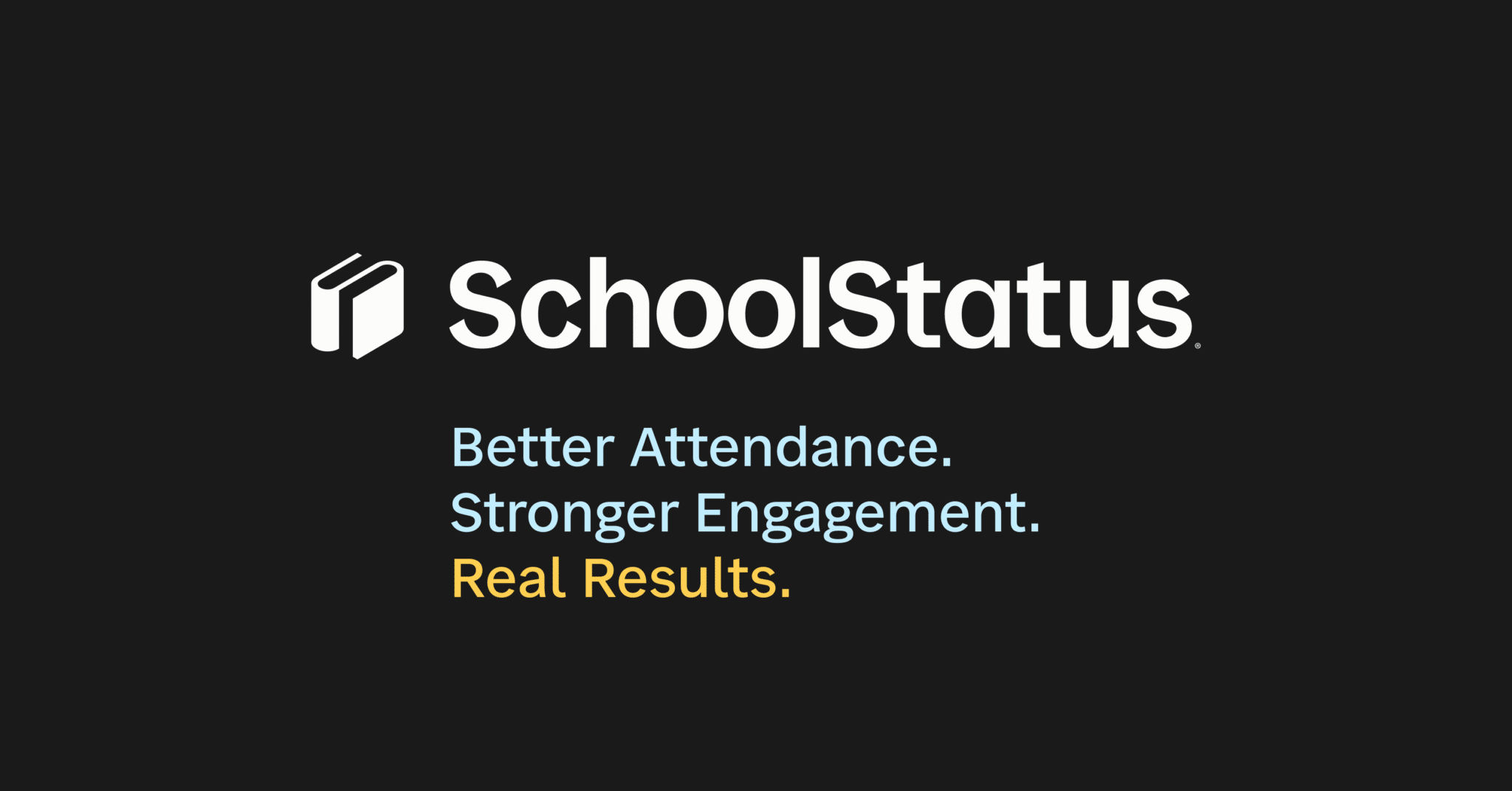We pay close attention to state legislation on teacher evaluation. We have to. Lately, it seems that the tide has turned dramatically against the inclusion of student test results as part of teacher evaluation. For example, Missouri voters resoundingly voted down Missouri Teacher Performance Evaluation Amendment 3, which proposed to increase the use of testing, and Michigan’s state legislature introduced two bills (H.B. 5223 and 5224), which decrease reliance on standardized testing, and are receiving broad bipartisan support.
While the defeat of Amendment 3 by a 3:1 margin raised some eyebrows, it could have been predicted. Daniel Quinn, a teacher, doctoral student, and executive director of theGreat Lakes Center for Education Research and Practice, wrote an interesting piece forGreen & Write, Michigan State’s blog about education policy, analyzing polling data related to teacher evaluation.
Explaining the results of a PDK/Gallup poll, Quinn writes,
The poll began by asking respondents whether they favored states using standardized test scores to evaluate teachers in 2012. At that time, 52 percent favored using test scores. The results from 2013 painted a different picture, with 41 percent favoring the use of test scores to evaluate teachers. This year, the percent favoring the use of test scores fell yet again to just 38 percent. The sub-sample of parents in the most recent survey were even less supportive, with only 31 percent showing support.
Quinn infers that these results indicate that campaigns by the National Education Association and American Federation of Teachers have been successful in changing public opinion on teacher evaluation. Whatever the cause, these polling results and the defeat of Amendment 3 suggest that Americans want teacher evaluations to be based on far more than student test data.
While we don’t take any particular position on the role of student test data in evaluations, we do believe that evaluations should be used in the service of professional growth.
- Evaluations can be formative rather than purely summative.
- Trends in evaluation data can be used to differentiate professional development.
- Personalized PD can be embedded in every piece of feedback.
In other words, evaluation is just one piece of the professional growth puzzle.
As each state deals with NCLB waivers, federal incentives, and changing tides in public opinion, we hope that they all keep in mind the primary goal: to develop a great teacher for every classroom.










